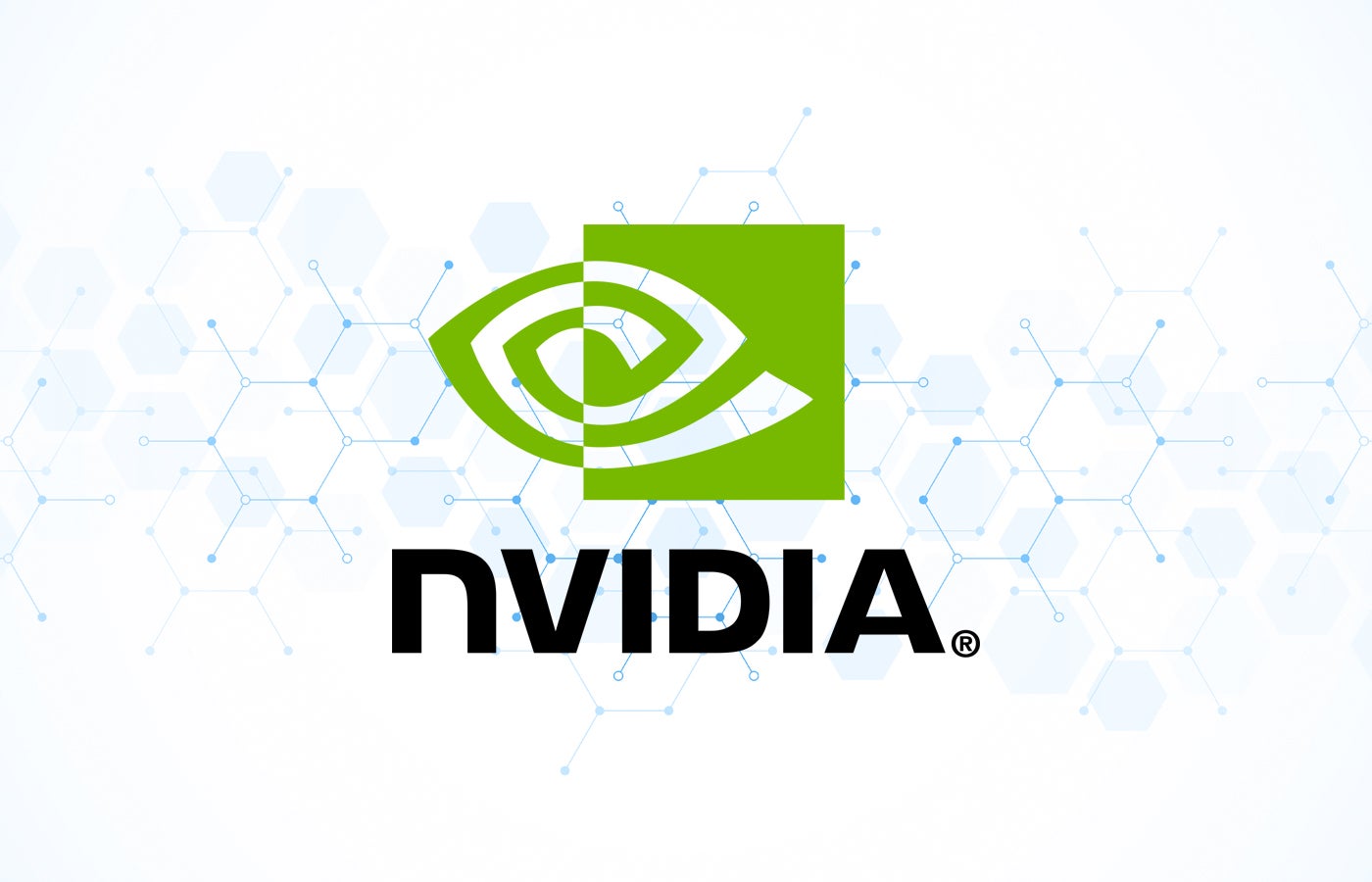While the Chinese internet giant Tencent is best-known for its super-app WeChat, it’s also a major investor in U.S. tech companies and startups. Some of its most notable and still active investments include Reddit, Snap, and Fortnite creator Epic Games.
Things might get a little awkward, though, because Tencent was designated a “Chinese military company” by the U.S. Department of Defense on Monday. The listing serves as a warning from the U.S. about companies it claims are involved in Chinese “military-civil fusion” efforts, according to a 2022 DoD press release. The listing has no legal consequences beyond barring U.S. government contractors from doing business with Tencent starting in 2026, according to US law.
The notice doesn’t specify why the U.S. believes Tencent is helping the Chinese military. Tencent is strongly refuting the listing, telling TechCrunch it is “clearly a mistake” and “we are not a military company or supplier.” The Defense Department didn’t respond to a request for comment.
Tencent is active in the VC world through an arm it calls the Tencent Exploration Team that it runs out of Palo Alto and whose investments include Snap, Epic Games, and others like insurer Oscar Health. Tencent is also a major shareholder in Reddit, although its stake recently dipped under the 10% threshold, an SEC filing from November 2024 shows. (Reddit wouldn’t comment as of press time on exactly how much Tencent owns.)
Investing in global tech companies, particularly in sectors like health and video games, has long been a focus of Tencent. If Tencent isn’t able to get itself off the list – like smartphone maker Xiaomi successfully did in 2021 – it could harm its investing activities in the US, with founders wary of accepting funds from a company officially designated as linked to the Chinese military, even without public evidence.
There’s also a risk that this measure results in pressure for further sanctions against Tencent from other parts of the U.S. government like the Treasury Department, Reuters reported.
Even without any further actions, the listing cements a longrunning trend of U.S.-China decoupling. It was once relatively common for Chinese VCs to invest in U.S. companies (and vice versa), but those days aren’t coming back anytime soon.








Leave a Comment